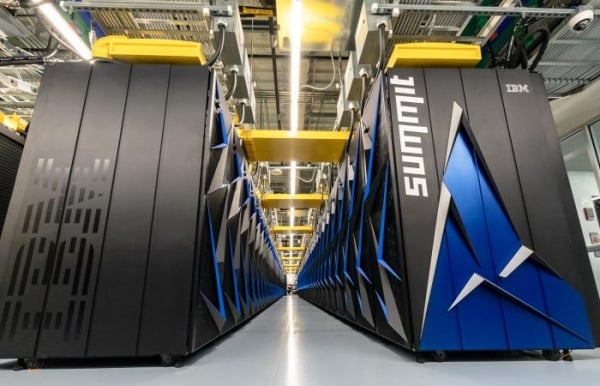Academics Fight for Access to Supercomputers
Supercomputers are powerful machines used for solving complex problems that require immense amounts of processing power. From weather forecasting to drug discovery, supercomputers play a crucial role in advancing research in a wide range of fields.
However, access to these high-performance machines is not always easy for academic researchers. Many supercomputers are owned and operated by government agencies or large corporations, and gaining access to them can be a competitive and bureaucratic process.
Academic researchers are now fighting for greater access to supercomputers in order to advance their research and make important breakthroughs. In recent years, there have been calls for more funding and resources to be allocated towards providing academics with access to these powerful machines.
One of the main reasons why access to supercomputers is so important for academics is the sheer processing power that these machines offer. Supercomputers are capable of performing trillions of calculations per second, allowing researchers to tackle complex problems much more quickly and efficiently than with traditional computing methods.
For example, in the field of climate science, supercomputers are used to run complex simulations that model the Earth’s climate and predict future trends. These simulations require vast amounts of data and processing power, and access to supercomputers is crucial for researchers to make accurate predictions and inform policy decisions.
In the field of genomics, supercomputers are used to analyze large datasets of DNA sequences and identify patterns and mutations that could lead to new treatments for diseases. Without access to supercomputers, researchers would not be able to process the massive amounts of genetic data needed to make these breakthroughs.
Despite the importance of supercomputers for academic research, there are still many challenges that researchers face in gaining access to these machines. Competition for limited resources, bureaucratic barriers, and lack of funding are all obstacles that academics must overcome in order to use supercomputers for their research.
In response to these challenges, academic researchers are advocating for greater collaboration between institutions and government agencies to increase access to supercomputers. By working together, researchers can pool resources and expertise to make better use of these powerful machines and accelerate the pace of scientific discovery.
In conclusion, access to supercomputers is essential for academic researchers to push the boundaries of knowledge and make important breakthroughs in their fields. As the demand for processing power continues to grow, it is crucial that academics are given the resources and support they need to access these powerful machines and continue to advance research for the benefit of society.



